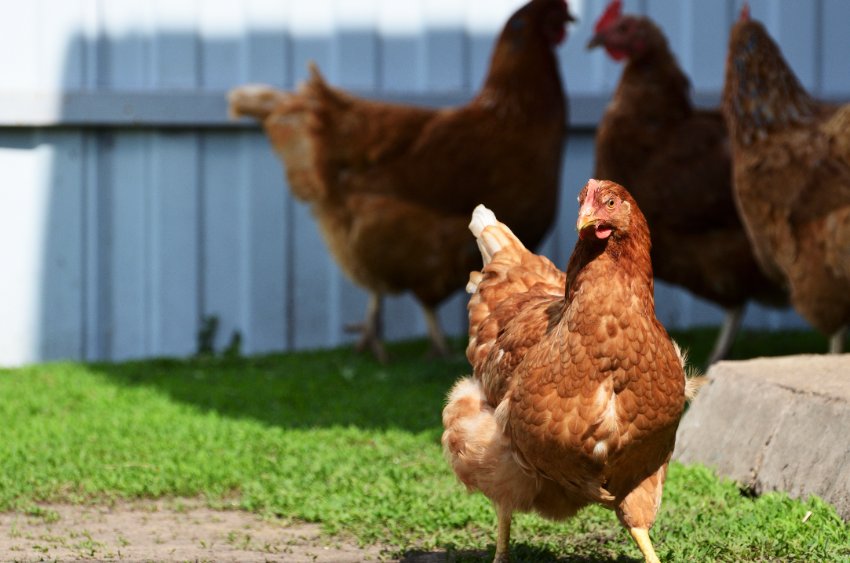
A case of highly-pathogenic bird flu has been initially confirmed in captive birds in Co Down, Northern Ireland, the first case of the disease discovered in the province since February.
The Department of Agriculture (DAERA) has introduced disease control measures following confirmation of avian influenza in samples collected from captive birds at Castle Espie, Wildfowl and Wetlands Trust (WWT), Strangford Lough.
As a precautionary measure, following initial laboratory results, a 3km disease control restriction zone has been put in place around the infected premises.
This means all poultry and captive birds must now be kept in secure housing or otherwise kept separate from wild birds.
To date there have been over 180 cases of bird flu across the UK, since the first case confirmed in England in late October 2021.
There have been six confirmed outbreaks in Northern Ireland over the past 12 months, the most recent in February.
In addition, there have been six confirmed of bird flu cases in the Republic of Ireland.
DAERA farming minister, Edwin Poots said the disease was "once again present in Northern Ireland".
“The continual positive findings of H5N1 across Great Britain, and findings through our wild bird surveillance programme, suggest that the disease is already once again present in NI.
"It is of paramount importance that all bird keepers take appropriate action to review and enhance their biosecurity measures to protect their birds from this highly infectious disease.
“No poultry premises or captive bird site is immune from a potential incursion. All must take immediate action now to protect not only local flocks and commercial premises."
Chief Veterinary Officer for NI, Dr Robert Huey, added that all flock keepers must take action now to review biosecurity.
"If avian influenza were to enter our Northern Ireland commercial flock, it would have a significant and devastating impact on our poultry industry, international trade and the wider economy.
"In addition, the negative financial and emotional impact on the individual farm family and business is something we have seen all too often with disease incursions.
"We must do everything we can to avoid this, particularly at this time of heightened risk.”
